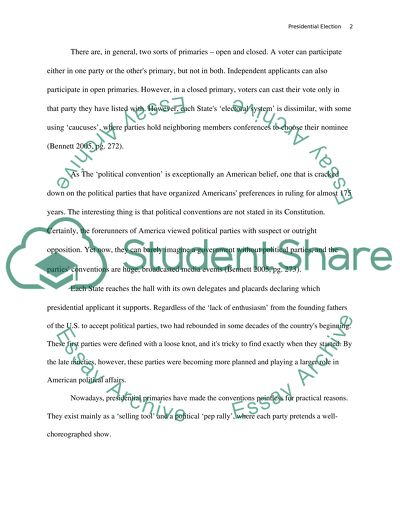Cite this document
(“Government and Politics Essay Example | Topics and Well Written Essays - 2250 words”, n.d.)
Government and Politics Essay Example | Topics and Well Written Essays - 2250 words. Retrieved from https://studentshare.org/miscellaneous/1502004-government-and-politics
Government and Politics Essay Example | Topics and Well Written Essays - 2250 words. Retrieved from https://studentshare.org/miscellaneous/1502004-government-and-politics
(Government and Politics Essay Example | Topics and Well Written Essays - 2250 Words)
Government and Politics Essay Example | Topics and Well Written Essays - 2250 Words. https://studentshare.org/miscellaneous/1502004-government-and-politics.
Government and Politics Essay Example | Topics and Well Written Essays - 2250 Words. https://studentshare.org/miscellaneous/1502004-government-and-politics.
“Government and Politics Essay Example | Topics and Well Written Essays - 2250 Words”, n.d. https://studentshare.org/miscellaneous/1502004-government-and-politics.


